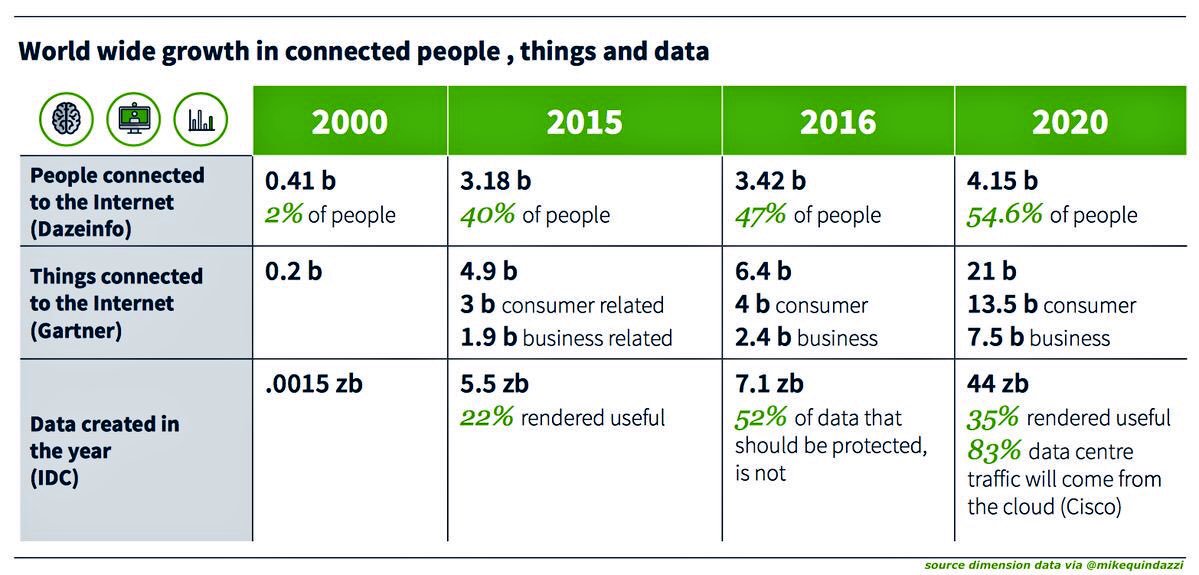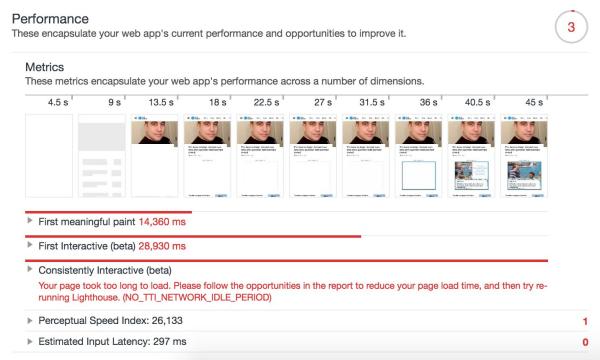Do we really need 5G mobile networks? Ask GDPR and seahorses
Telecom companies say that the world needs mountains of new, way faster, Fifth Generation (=5G) mobile networks to cope with the unavoidable arrival of the Internet of Things. GDPR and seahorses may disagree.
Telecom analysts say that two years from now there will be more than twice Internet-connected things than two years ago, demanding to exchange 44 Zettabytes of data across (mostly) mobile networks.

Run for your life! Billions of Connected Devices are coming
</em></u>
This coming invasion of bandwidth-hungry devices is what fuels the demand for quick worldwide deployment of 5G networks.
Meanwhile…
- the oceans, and in turns fish and the stomachs of other animals eating them (yes, including us) are filled with plastic. Seahorses and other fish are already swimming in them
- The European General Data Protection Regulation (GDPR) that came into effect on May 25th 2018 say that web users must explicitly consent to receive tracking software
- As a temporary measure to cope with GDPR, USA Today decided to run a separate, “light” version of their website for EU users, without tracking scripts and ads
- Web developer Marcel Freinbichler found out (see picture below) that:
- bandwidth-wise, the “light”, but still fully functional version of the USA Today website weights about ten times less than the tracking/ads plagued one
- browsing the “light” version was even faster than browsing the standard one with ad blockers enabled

<u><em><strong>CAPTION:</strong>
<a href="https://twitter.com/fr3ino/status/1000166112615714816" target="_blank">How fast the internet could be without all the junk!</a>
</em></u>
Iot + 5G + GDPR + oceans: Executive Summary
The rush to faster mobile networks is driven, in a surely non-negligible part, by two not-so-necessary needs that are also pretty bad for our health:

<u><em><strong>CAPTION:</strong>
<a href="https://www.nationalgeographic.com/magazine/2018/06/plastic-planet-waste-pollution-trash-crisis/" target="_blank">IoT = place aside these piles of throwaway plastics even bigger piles of throwaway electronics (image source: National Geographic</a>
</em></u>
- the “need”, for NO real reason, to build literally billions of devices that, by their sheer number and nature, will be an added pollution problem much, much bigger than what plastic already is today. That is WAY too much
- the “need” to keep going a World Wide Web that, as the GDPR-induced test by Freinbichler shows, consumes way more bandwidth than it could, just to track everything we do online
Next time someone tells you that the Internet of Things or 5G are “innovation”, ask them how smart that kind of innovation is, and how we could afford it.
Who writes this, why, and how to help
I am Marco Fioretti, tech writer and aspiring polymath doing human-digital research and popularization.
I do it because YOUR civil rights and the quality of YOUR life depend every year more on how software is used AROUND you.
To this end, I have already shared more than a million words on this blog, without any paywall or user tracking, and am sharing the next million through a newsletter, also without any paywall.
The more direct support I get, the more I can continue to inform for free parents, teachers, decision makers, and everybody else who should know more stuff like this. You can support me with paid subscriptions to my newsletter, donations via PayPal (mfioretti@nexaima.net) or LiberaPay, or in any of the other ways listed here.THANKS for your support!